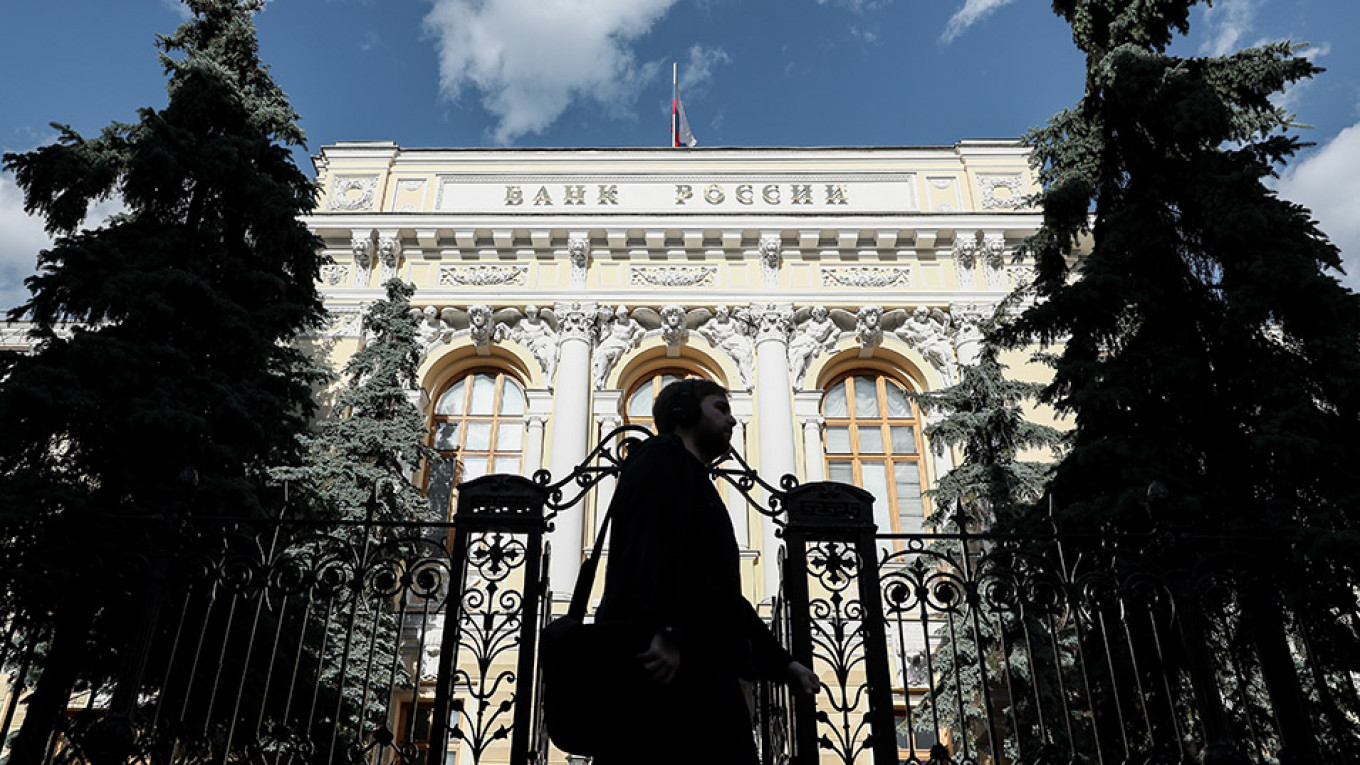Russia will create a 300-billion ruble ($4 billion) anti-crisis fund to try to shield its economy from the coronavirus shock, Prime Minister Mikhail Mishustin said on Monday.
Moscow has said it may miss its growth targets this year and global markets have been bruised by the impact of the virus.
A sharp drop in the price of oil, Russia's main export, has left Russia particularly vulnerable, with the ruble sinking to four-year lows against the dollar.
The Finance Ministry and the Central Bank have already pledged support to everything from the banking sector to the rouble and the state debt market, and attention is now focused on a key interest rate meeting set for March 20.
Mishustin said new support measures would include tax breaks for tourism companies and airlines, and that Russia would expand its preferential loans program for businesses.
Andrei Belousov, his first deputy, said last week that Russia may miss its economic growth target this year, originally set at 2%, while economists have warned that the country's economy may turn negative amid low oil prices and slower business activity.
Russia has 63 confirmed coronavirus cases and is building a new hospital outside Moscow to prepare for a possible increase in numbers. That is in addition to a hospital that was recently converted to treat coronavirus patients only.
There have been no deaths from coronavirus in Russia so far, the authorities say.
Russia is already restricting passenger flights and has halted many trains to Europe. Mishustin said on Monday that Russia would close its border with Belarus as well.
Russia has recommended that higher educational institutions switch to distance learning from Monday, while the city of Moscow has made school attendance optional.
There have been some signs of panic buying. Shelves over the weekend in a number of Moscow shops were lacking toilet paper, washing powder and canned products as well as riсe and flour.
A Message from The Moscow Times:
Dear readers,
We are facing unprecedented challenges. Russia's Prosecutor General's Office has designated The Moscow Times as an "undesirable" organization, criminalizing our work and putting our staff at risk of prosecution. This follows our earlier unjust labeling as a "foreign agent."
These actions are direct attempts to silence independent journalism in Russia. The authorities claim our work "discredits the decisions of the Russian leadership." We see things differently: we strive to provide accurate, unbiased reporting on Russia.
We, the journalists of The Moscow Times, refuse to be silenced. But to continue our work, we need your help.
Your support, no matter how small, makes a world of difference. If you can, please support us monthly starting from just $2. It's quick to set up, and every contribution makes a significant impact.
By supporting The Moscow Times, you're defending open, independent journalism in the face of repression. Thank you for standing with us.
Remind me later.







